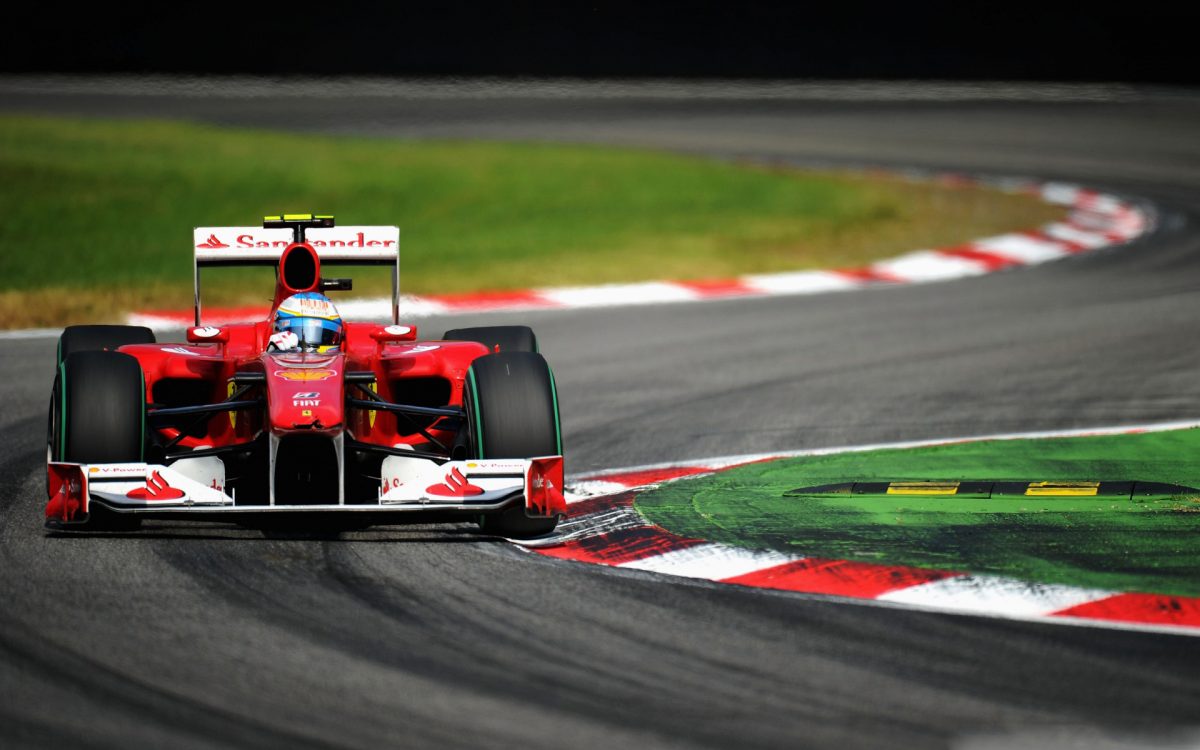An Insight by Andrew Howie
For many years most pretended that global warming was a fad and would not last. But, without admitting that it is actually a problem, most industries have begun making efforts to reduce their foot print.
Some have done so in response to increased government pressures. Others have done so due to increased social pressures. But the automotive industry has done so to ensure its survival. In the last 12 months we have seen to collapse of some of the world’s top car manufacturers. This was due to their inability to remain nimble and to move with the times. People no longer wanted big cars and could no longer afford to buy large tick items. The result was the US government bailing out companies with tax payer money.
Looking at things holistically, transport has become an integral part of modern day living. Whether it is those who own a car or those who take a bus or train, people rely on mortised transportation to keep up with the modern pace of life.
Production cars are exploring alternate fuel sources. Hybrid technology is all the rage and hydrogen fuel cells are developing rapidly. In fact, it is not long til you will be able to plug your car into your house each night. Even busses can now run on natural gas.
The desire to produce more efficient cars goes all the way to the top. Even the most of elite manufacturers are beginning to develop hybrid technology with Ferrari expecting to have a hybrid variant in all ranges from 2018. Porsche recently unveiled their plans to build a super car capable of hyper-speeds utilizing electric motors in each of the wheels.
Watching the Formula 1 in 2010, I was interested to learn that Shell and Ferrari have developed a fuel with a biofuel component. Whilst it is only a small percentage, it is a step in the right direction.
The fuel is derived from non-food straw and produces up to 90% less CO2 emissions than gasoline. It is grown and produced in Ottawa Canada and is part of an ongoing plan to reduce the impact of fuels on the environment. This technology has been adopted in various racing categories around the world in the last few years with some categories integrating an ethanol component far great that than being trialled in Formula 1.
What better way to test the performance of these fuels that in conjunction with the world’s premier automotive races? Ethanol in F1 alongside the multiple wins Audi has achieved with diesel technology in the Le Mans 24 hour racing.
Given the Ferraris finished 1st and 2nd in the season opening race in Bahrain, followed up with a 3rd in Melbourne, it goes to show that taking steps to reduce the impact of our emissions on the environment need not impact on performance.

